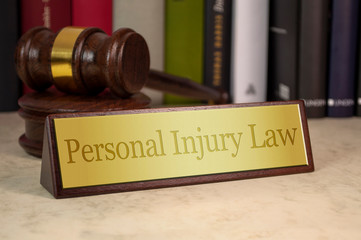Negligence is a crucial legal concept when it comes to insurance claims and lawsuits following car crashes, slip and falls, and other types of accidents. Continue reading to discover the ways in which negligence may affect your personal injury case. A Bergen Couty injury lawyer can offer skilled legal advice and representation during your case. Contact an experienced attorney to set up your consultation today.

What is Negligence?
Negligence is an individual’s failure to exercise the care that would be expected of a reasonable person in any given situation. There are four elements of negligence. Consider the following.
- Duty of care: To be negligent, the defendant must have owed the plaintiff a duty of care, meaning that they had a legal responsibility to adhere to a standard of reasonable care to prevent acts that could harm other people.
- Breach of duty: Negligence also requires that the defendant breached their duty of care in some way through carelessness or reckless behavior.
- Causation: The plaintiff must also prove that the defendant’s breach of duty directly caused or contributed to the accident.
- Damages: Finally, the last element of negligence is that the plaintiff must have sustained actual losses and damages.
For example, consider a situation where two cars are approaching an intersection. Both drivers owe each other and other road users a duty of care, meaning that they must abide by the rules of the road to prevent unnecessary accidents and injuries. If one driver decides to run their red light, they have breached the duty of care by acting recklessly and with disregard for other drivers. When the driver who ran the red light hits the other driver who was legally driving through the intersection, their breach of duty caused the accident. The other driver’s injuries and damage to their vehicle are compensable damages.
How Does Negligence Affect My Personal Injury Case?
Negligence is the most important thing in a personal injury case because it acts as the standard of proof. In a personal injury case, the plaintiff has the burden of proving that the defendant’s negligence caused the accident and their injuries.
If someone’s careless or reckless behavior caused an accident or injury, they can be held liable for the resulting damages. Without being able to prove negligence, you have no case. When you establish that the defendant’s negligence led to your injuries and damages, you can recover compensation for your associated expenses.
Without enough evidence to prove the four elements of negligence, you may be unable to receive damages through a claim or lawsuit. For more information and experienced representation, do not hesitate to contact a skillful attorney at Feitlin, Youngman, Karas & Gerson, LLC today.


